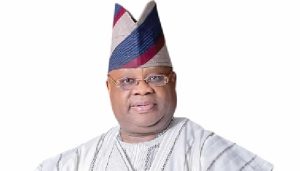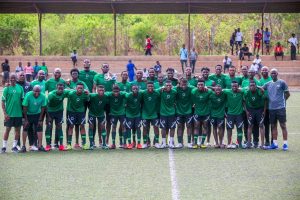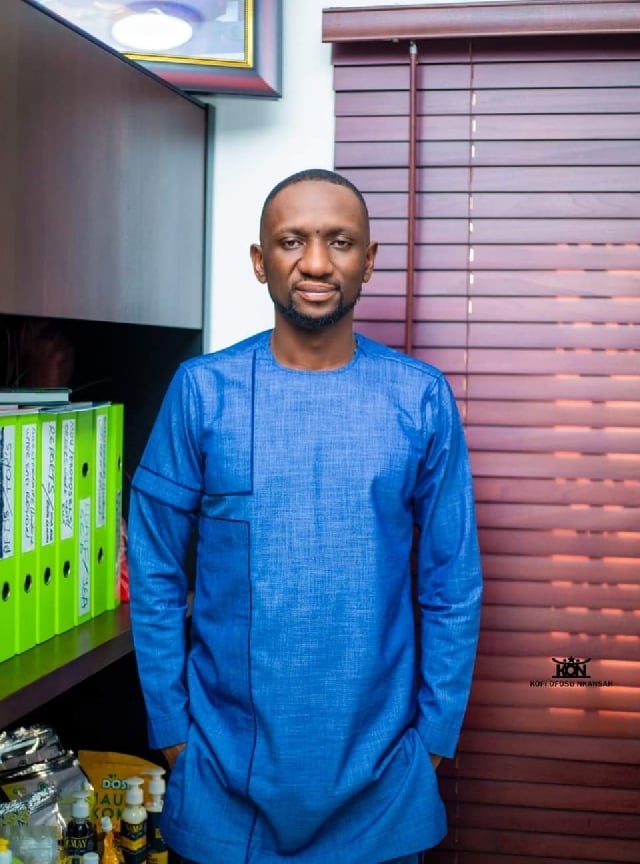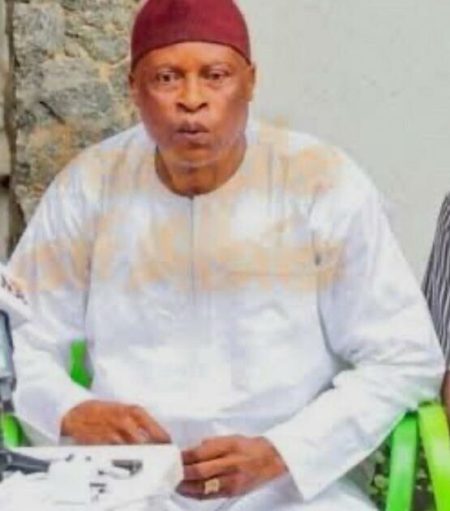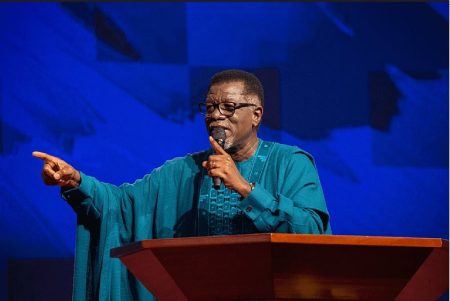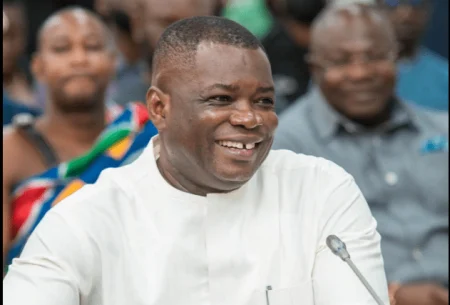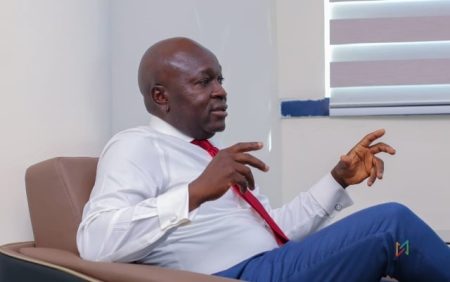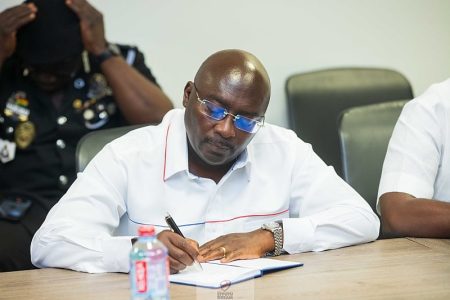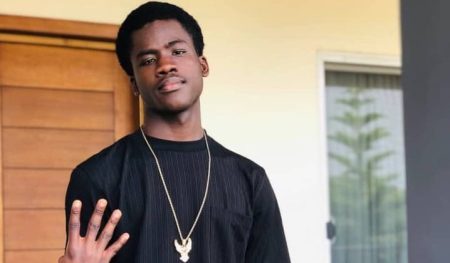Mr. Kofi Ofosu Nkansah, the Chief Executive Officer of the National Entrepreneurship & Innovation Programme (NEIP), has publicly challenged the validity of recent polling conducted by Global InfoAnalytics, led by Mussa Dankwa. In a Facebook post dated October 23, he voiced his objections against the credibility of these polls, which purportedly indicate that former President John Dramani Mahama is ahead in the race for the 2024 presidential election. The poll results suggested that Mahama, representing the National Democratic Congress (NDC), commands a significant lead over Dr. Mahamudu Bawumia, the current Vice President and candidate of the New Patriotic Party (NPP). According to the data reported, Mahama received support from 51.1% of committed voters, whereas Bawumia was recorded at 37.3%. The poll also included independent candidates Alan Kyeremanten and Nana Kwame Bediako, who garnered 4.1% and 6.2% respectively.
In his critique, Mr. Nkansah raised serious concerns about the methodology employed by Mussa Dankwa in gathering data for the polls. He highlighted a critical flaw in the way the sample population was determined, asserting that the polling process did not adequately represent the broader voter base or account for geographical distribution. This lack of inclusiveness and comprehensive sampling undermines the reliability of the polls, according to Mr. Nkansah, who believes that such omissions can lead to significant discrepancies between the reported polling outcomes and the actual results experienced during elections. His comments suggest that Ghanaians should approach these polling figures with skepticism, as they do not accurately reflect the ongoing electoral dynamics across the country.
Moreover, Mr. Nkansah pointed out that previous elections have demonstrated significant inaccuracies in predictions made by Mussa Dankwa and his polling organization. His assertion implies that there is a history of erroneous forecasting associated with Dankwa’s methodologies, which further diminishes the credibility of the current polls. He urged the public to focus on more reliable indicators of electoral sentiment and emphasized that the upcoming elections demand serious consideration rather than reliance on questionable data. By suggesting such a shift in focus, Mr. Nkansah seeks to catalyze a more informed public discourse as Ghanaians prepare for the electoral process.
In his Facebook post, Mr. Nkansah mocked the approach taken by Mussa Dankwa in conducting his surveys, characterizing it as simplistic and unscientific. He claimed that the polling leader merely interviews a limited number of individuals—referred to whimsically as “calling 100 people”—and records their responses without factoring in the larger context of voter demographics or the specific regions from which participants are drawn. According to him, this methodology equates to “Kindergarten research” and is insufficient for accurately predicting electoral outcomes, as it fails to capture the complexities of the electorate.
Furthermore, Mr. Nkansah reassured Ghanaians that his party is performing well in both presidential and parliamentary race indicators, implicitly suggesting that confidence in his party’s chances should not be shaken by the misleading polls. His statements dovetail with a broader strategy aimed at galvanizing party supporters and reminding them of the potential for unexpected outcomes in elections, highlighting the unpredictability inherent in political engagements. This advocacy for party unity and rationality is a call to action to remain steadfast and focused on the collective aim of winning the upcoming elections.
In conclusion, Mr. Kofi Ofosu Nkansah’s firm rejection of the Global InfoAnalytics polls highlights significant concerns regarding polling reliability and methodology in the context of Ghana’s electoral landscape. His critique is not merely a defense of his party’s chances but rather a wider reflection on the importance of informed public perception in a democratic process. By urging Ghanaians to disregard potentially misleading polling data, Mr. Nkansah aims to foster a more engaged, informed electorate that chooses to prioritize substantive evidence and reliable indicators over superficial numerical representations. His comments signal a call for vigilance and strategic focus as Ghanaians prepare to participate in what is likely to be a closely watched electoral contest.


